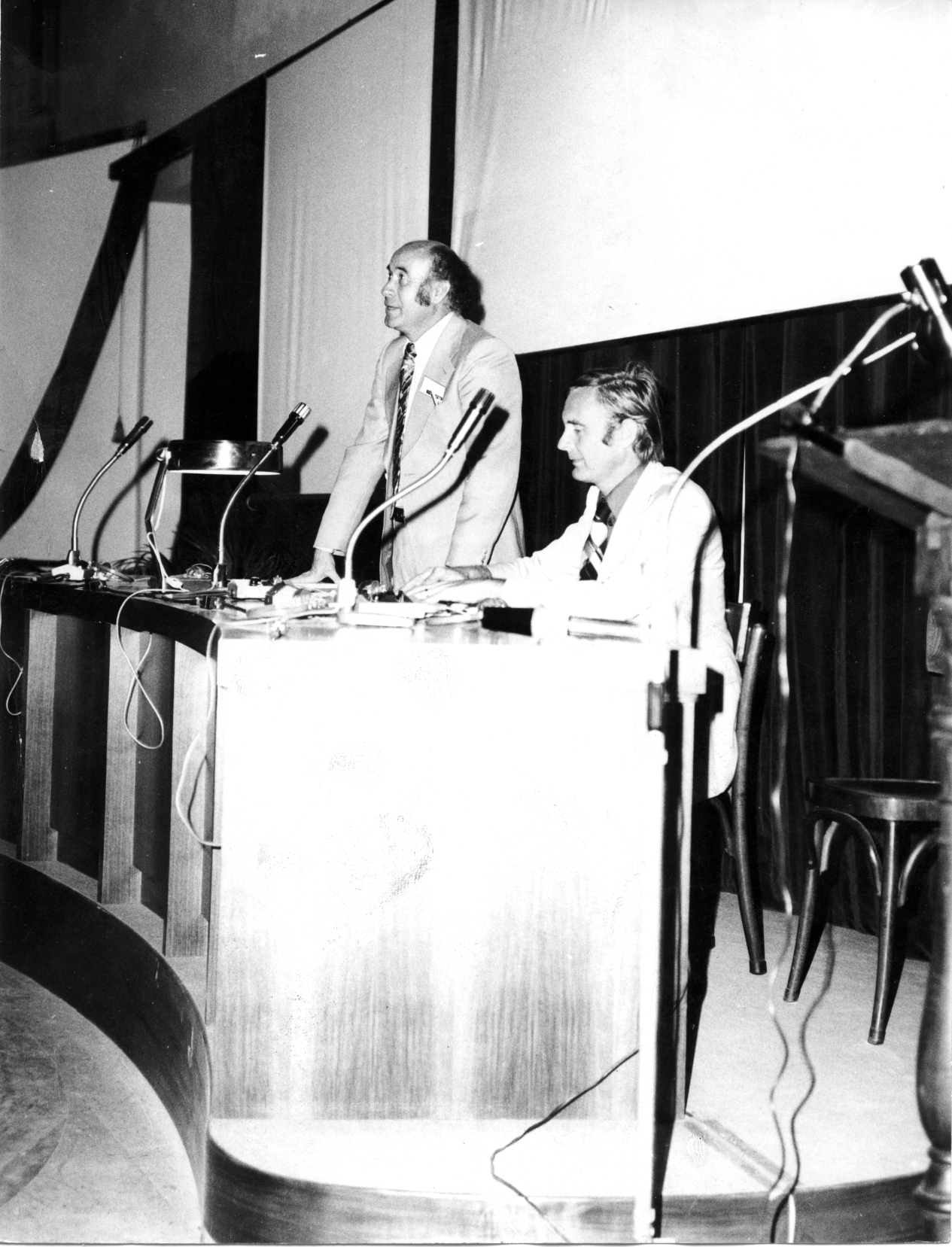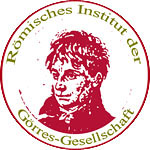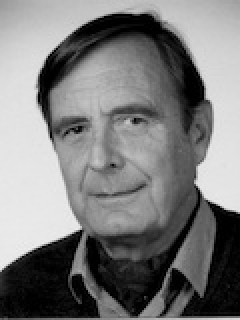Hugo Brandenburg is deceased
from Paolo Liverani
Hugo Brandenburg left us at the age of 93 on the night of 25-26 December: he was one of the leading scholars of late antique and Christian archaeology.
After his studies at the University of Bonn with Andreas Rumpf, he worked at the Franz Joseph Dölger Institute until his transfer as referent for Christian Archaeology at the German Archaeological Institute in Rome, which was to become his home of choice. He qualified in Cologne with Heinz Kähler with a Habilitationsschrift on early Christian sarcophagi.
In 1982, he was called to the chair of 'Klassische Archäologie mit besonderer Berücksichtigung der Spätantike' at the University of Münster. In 1993, he finally obtained the teaching of Christian Archaeology at that university. In the following year, he became professor emeritus, but his scientific activity did not stop and even intensified: almost half of his scientific contributions were published after this date.
In addition to his many important works on sarcophagi, his studies on early Christian basilicas are fundamental: Aquileia, Cimitile, but above all Rome. His volume Die frühchristlichen Kirchen Roms vom 4. bis zum 7. Jahrhundert. Der Beginn der abendländischen Kirchenbaukunst has gone through several editions and translations and is now an indispensable reference work. One cannot, however, forget his studies on S. Stefano Rotondo and S. Paolo fuori le mura, which transformed our knowledge of these important basilicas. His last volume, extraordinarily illustrated, was Die konstantinische Petersbasilika am Vatikan in Rom. Anmerkungen zu ihrer Chronologie, Architektur und Ausstattung, but Brandenburg still hoped to dedicate such a volume to the basilica of St. Paul.
Among the many honours he received, it is worth mentioning that he was a member of the Pontifical Roman Academy of Archaeology, received an honorary doctorate from the Pontifical Institute of Christian Archaeology, and was awarded the Daria Borghese Prize for the volume on St. Peter's Basilica.
Those who had the privilege of knowing him closely cannot forget, in addition to the breadth of his knowledge and his ability to work, his humanity, poise, tact and cordiality in dealing with colleagues and friends combined with an enthusiasm that kept him young at heart and in mind until his final years.

Hugo Brandenburg (seated) on the 9th International Congress of Christian Archaeology in Rome 1975
- Details
- Written by: Stefan Heid
- Category: From around the world
 Römisches Institut der Görres-Gesellschaft
Römisches Institut der Görres-Gesellschaft







